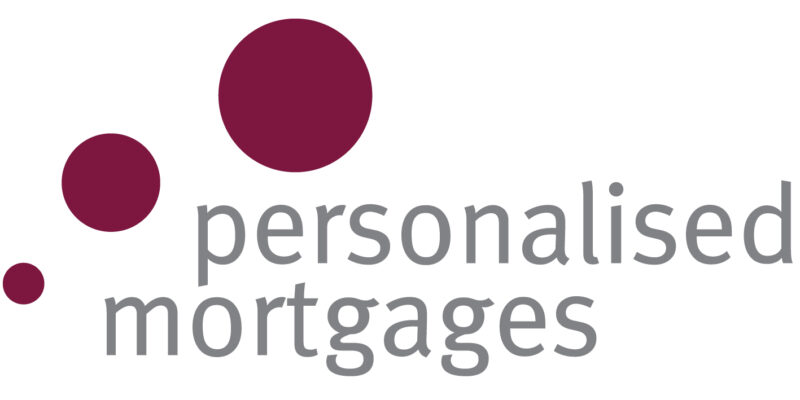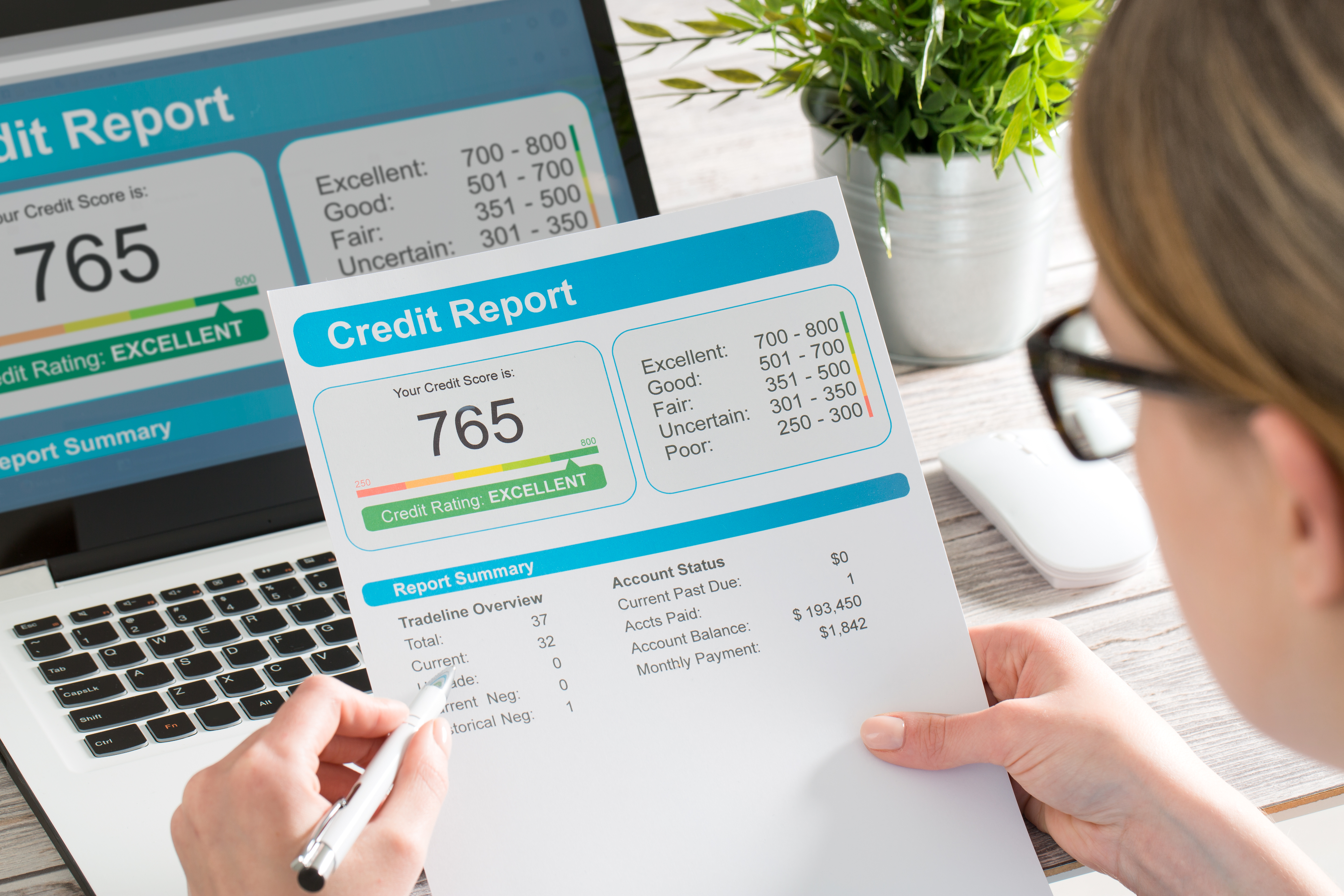Your credit score is a number between 1 and 1,000 that indicates how likely you are to pay your bills on time. The higher the score, the better your credit rating is. If your score is low, mainstream banks can be reluctant to lend – to both individuals and businesses. Companies may be reluctant to lend to you or may charge you at a higher rate.
Your record consists of payment history for credit cards, mortgages, car finance and hire purchases. Other payment history such as bills for electricity, gas and phone accounts might also be on record.
How can I check my score?
You can check your credit information for free, but if you want information in a hurry you have to pay for a report. There are five companies in New Zealand who provide credit reports and the top three are referenced on the New Zealand Government’s website (https://www.govt.nz/browse/consumer-rights-and-complaints/debt-and-credit-records/check-your-own-credit-report/).
- Centrix – simple and straightforward credit reporting
- Illion – usually the fastest credit report delivery
- Equifax – good for identity theft protection
- Credit Simple – has an innovative credit report system
- Experian – ideal for business credit reporting (has a cost)
It is good to check on your credit score to ensure it is correct. There may be errors such as credit accounts that you never applied for, payment defaults you didn’t know about, or credit enquires you never approved. It is possible to get the information corrected, but like everything, there’s a process.
What is a good credit score?
If you score a perfect 1000 you are a member of a very exclusive club. This may help you to obtain lower rates and better terms than others when it comes to obtaining loans.
800-999 is very similar to a perfect score. It shows a positive credit history built up over time, likely to be an older person of age.
700-799 is very good and won’t signal any issues with getting a loan if you can prove the ability to pay it off.
500-699 is average but still fairly healthy and it’s likely you have not had a major mishap with your credit.
300-499 is below average, but likely doesn’t represent negative issues, you may just be in a younger age bracket.
0-299 is low because you’ve probably had payment defaults or other negative history.
What if the information is incorrect?
First, tell the provider that the report contains inaccuracy. They must then take steps, where appropriate, to correct it. They’ll usually check the information you provided with the source. If they need longer than 20 days to correct it, they must let you know and tell you why. Same if the correction is not made. If the correction is made, they must tell anyone who has recently received your credit report as well.
It takes time to improve your Credit Score, but here’s how it happens:
- Pay on time
- Settle your credit card bill in full
- Report wrong information on your credit reports
- Don’t apply for a new credit card if it’s not needed
- Avoid payday loans
- Don’t share bills with others
- Wait for bad credit history to disappear before applying again (if you can)
Applying for your credit score report is easy, fill in the form and send it off. It’ll come back within one working day if you use a current Driver’s License or New Zealand passport. Otherwise, 5-10 working days. You can also choose to receive it via post or email.
Does it hurt my credit score to check it?
Requesting your credit score will not hurt your credit score and with some providers, you are entitled to a free report every 12 months. This is called a ‘soft enquiry’ – one that is not linked to a specific credit application.
However, every time you apply for credit, such as a home loan, car loan or credit card, the lender will look at your credit report. This is known as a ‘hard enquiry’ and can affect your credit score by temporarily lowering it. Too many hard enquiries in a short space of time may be a red flag to some lenders.
The end goal is good behavior on repeat to build a positive credit history that lenders won’t question.

